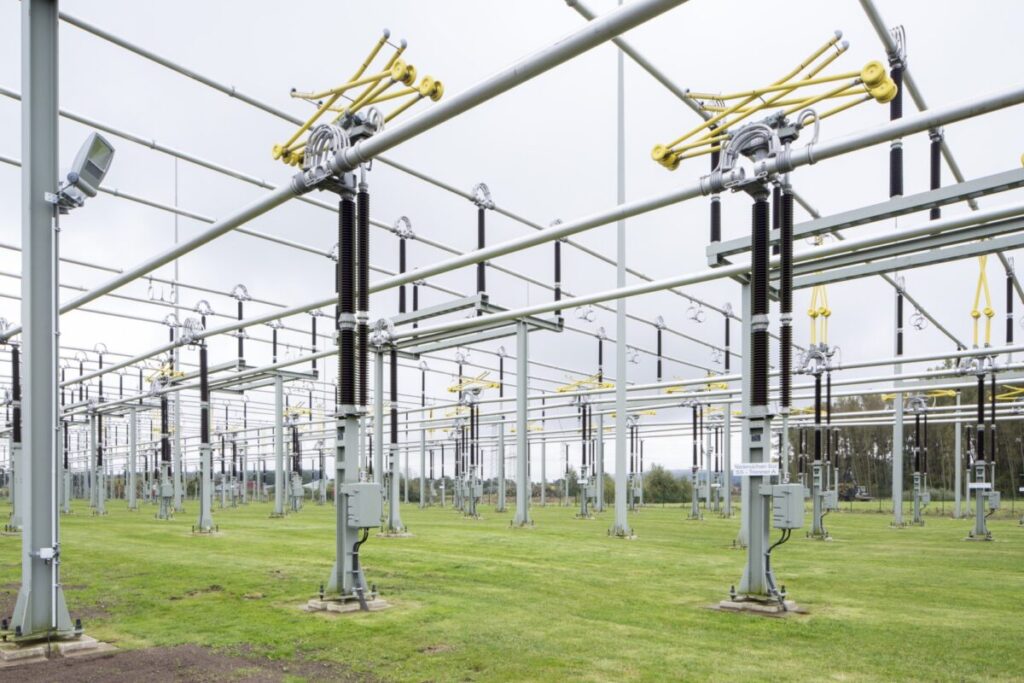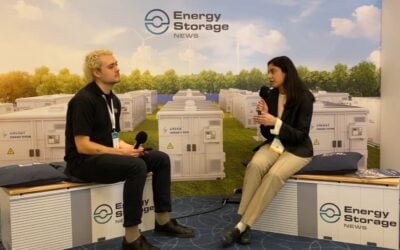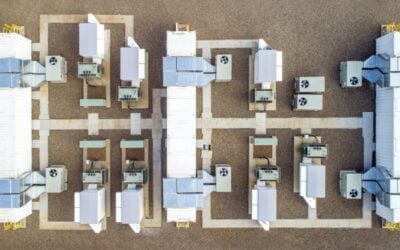
A tender for the provision of energy storage technology for for a ‘decentralised grid booster’ deployment has been launched by Aprion, one of the four major transmission system operators (TSO) in Germany.
Amprion invited tenders for the project in late November (21 November), giving interested providers until 3 April, 2025, to submit bids.
The tender is non-discriminatory, Amprion said, and will cover the construction and operation of the energy storage projects, which will be deployed at five substations and total 250MW of grid-supporting capacity. ‘Non-discriminatory’ presumably refers to the choice of technology, though Amprion has also said it will use battery energy storage systems (BESS).
The project was approved by regulators in March 2024 as part of Germany’s Network Development Plan (NEP) 2023-2037/45. Grid booster energy storage projects have been launched by three out of Germany’s four TSOs, and are placed at critical grid nodes to stabilise the grid and reduce operating costs.
Try Premium for just $1
- Full premium access for the first month at only $1
- Converts to an annual rate after 30 days unless cancelled
- Cancel anytime during the trial period
Premium Benefits
- Expert industry analysis and interviews
- Digital access to PV Tech Power journal
- Exclusive event discounts
Or get the full Premium subscription right away
Or continue reading this article for free
The other announced projects, by TransnetBW and TenneT, are both being provided by sytem integrator Fluence. ‘Grid booster’ projects (‘NeztBooster’ in German) are also sometimes called storage-as-transmission, and the first major project that is operational is in Lithuania, also deployed by Fluence.
Amprion expects to award contracts for its project in summer 2025, and is aiming to have them online in 2026. It said the BESS will increase utilisation of power lines, reducing intervention need, and expects savings to be in the several billions of euros annually. A significant expansion of the grid in Germany is expected from 2027 onwards, and the grid boosters will help alleviate those costs.
Amprion also said that, unlike other grid booster projects, its project will be allowed to play in the general electricity market for limited periods of time to increase its utilisation and economic efficiency. It hopes that can make the project a test for future usage concepts for BESS.





